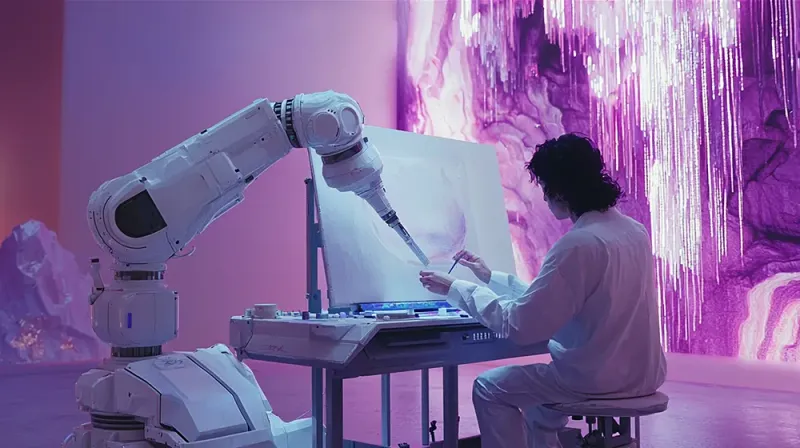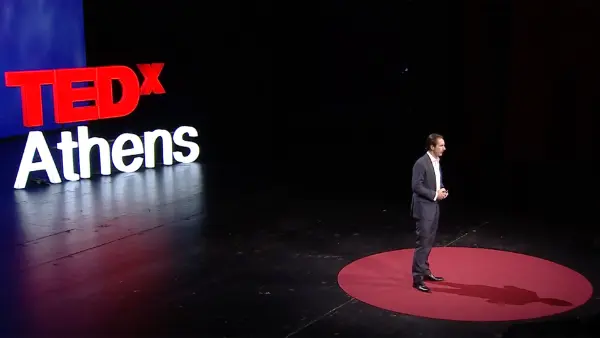AI-Generated Art Can Be Copyrighted—If Humans Do the Heavy Lifting

So AI Can Steal Art, But It Can’t Own It?
The U.S. Copyright Office has made it official: AI-assisted works can be copyrighted, but only if a human adds enough “creativity” to make it legally distinct. Essentially, typing a prompt into an AI generator won’t make you the next Picasso in the eyes of the law, but tweaking, modifying, or rearranging the output in a meaningful way could grant you protection.
This ruling could have major implications for Hollywood, music, and digital art, but let’s not forget the elephant in the room: AI models were trained on copyrighted works without consent, and that legal battle is far from over.
The Copyright Office’s decision establishes a human-first rule: if a person significantly modifies AI-generated content, they can claim copyright. However, purely AI-generated works are still public domain.
The ruling doesn’t touch the lawsuits against AI firms scraping copyrighted content, leaving major questions about whether AI companies should pay creators for the works they used to train their models.
This decision ensures that creators remain central to the copyright system, but it also raises an ironic point—AI can’t own art, but it can still be built by stealing it. Should AI-generated content be protected if its very existence depends on unlicensed data?
Read the full article on AP News.
----
💡 We're entering a world where intelligence is synthetic, reality is augmented, and the rules are being rewritten in front of our eyes.
Staying up-to-date in a fast-changing world is vital. That is why I have launched Futurwise; a personalized AI platform that transforms information chaos into strategic clarity. With one click, users can bookmark and summarize any article, report, or video in seconds, tailored to their tone, interests, and language. Visit Futurwise.com to get started for free!








